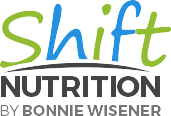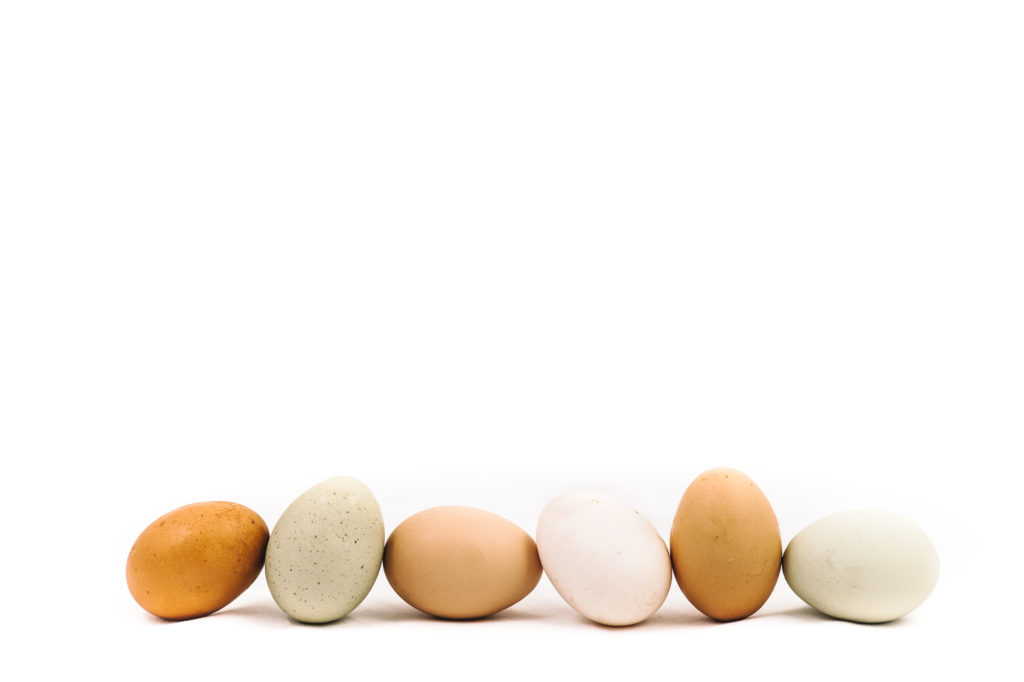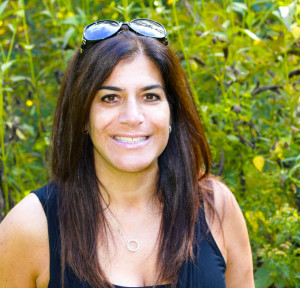You knew there was a bit of an over-emphasis (borderlining obsession) about cholesterol, right?
Part of my practice involves working alongside a busy and proactive group of family doctors each week, providing their diabetic patients with counselling regarding diet and lifestyle modifications to help them better manage their blood sugar. Since a large percentage of Type 2 Diabetics are on cholesterol meds, the question about dietary cholesterol comes up frequently. People usually want to know how many eggs are Ok to have in a day or a week. They are often surprised to learn that much about what we thought we knew about dietary cholesterol has been overturned.
After more than 50 years of warnings to cut dietary cholesterol, the The U.S. secretaries of health and agriculture released the new guidelines in 2016 to reduce obesity and prevent diseases like heart disease and Type 2 diabetes. The panel agreed with the American Heart Association’s 2013 report that “available evidence shows no appreciable relationship” between eating cholesterol and blood levels of cholesterol. In other words, eat as many eggs as you want – yes, the yolks too!
Before we jump into some myths let’s make sure we’re on the same page when it comes to what exactly cholesterol is.
Myth #1: “Cholesterol” is cholesterol
While cholesterol is an actual molecule what it is bound to while it’s floating through your blood is what’s more important than just how much of it there is overall. In fact depending on what it’s combined with can have opposite effects on your arteries and heart. Yes, opposite!
So cholesterol is just one component of a compound that floats around your blood. These compounds contain cholesterol as well as fats and special proteins called “lipoproteins”.
They’re grouped into two main categories:
- HDL: High Density Lipoprotein (AKA “good” cholesterol) that “cleans up” some of those infamous “arterial plaques” and transports cholesterol back to the liver.
- LDL: Low Density Lipoprotein (AKA “bad” cholesterol) that transports cholesterol from the liver (and is the kind found to accumulate in arteries and become easily oxidized hence their “badness”).
And yes, it’s even more complicated than this. Each of these categories is further broken down into subcategories which can also be measured in a blood test.
So “cholesterol” isn’t simply cholesterol because it has very different effects on your body depending on which other molecules it’s bound to in your blood and what it is actually doing there.
Myth #2: Cholesterol is bad
Cholesterol is absolutely necessary for your body to produce critical things like vitamin D when your skin is exposed to the sun, your sex hormones (e.g. estrogen and testosterone), as well as bile to help you absorb dietary fats. Not to mention that it’s incorporated into the membranes of your cells.
Talk about an important molecule!
The overall amount of cholesterol in your blood (AKA “total cholesterol”) isn’t nearly as important as how much of each kind you have in your blood.
While way too much LDL cholesterol as compared with HDL (the LDL:HDL ratio) may be associated with an increased risk of heart disease it is absolutely not the only thing to consider for heart health.
Myth #3: Eating cholesterol increases your bad cholesterol
Most of the cholesterol in your blood is made by your liver. It’s actually not from the cholesterol you eat. Why do you think cholesterol medications block an enzyme in your liver (HMG Co-A reductase, to be exact)? ‘Cause that’s where it’s made!
What you eat still can affect how much cholesterol your liver produces. After a cholesterol-rich meal your liver doesn’t need to make as much.
Myth #4: Your cholesterol should be as low as possible
As with almost everything in health and wellness there’s a balance that needs to be maintained. There are very few extremes that are going to serve you well.
People with too-low levels of cholesterol have increased risk of death from other non-heart-related issues like certain types of cancers, as well as suicide.
Myth #5: Drugs are the only way to get a good cholesterol balance
Don’t start or stop any medications without talking with your doctor.
And while drugs can certainly lower the “bad” LDL cholesterol they don’t seem to be able to raise the “good” HDL cholesterol all that well.
Guess what does?
Nutrition and exercise, baby!
One of the most impactful ways to lower your cholesterol with diet is to eat lots of fruits and veggies. I mean lots, say up to 10 servings a day. Every day.
Don’t worry the recipe below should help you add at least another salad to your day.
You can (should?) also exercise, lose weight, stop smoking, and eat better quality fats. That means fatty fish, avocados and olive oil. Ditch those over-processed hydrogenated “trans” fats.
Summary:
The science of cholesterol and heart health is complicated and we’re learning more every day. You may not need to be as afraid of it as you are. And there is a lot you can do from a nutrition and lifestyle perspective to improve your cholesterol level.
Orange Hemp Seed Dressing
Makes about ¾ cup
½ cup hemp seeds
½ cup freshly squeezed orange juice ( juice from 2 oranges)
1 clove of garlic, peeled
dash salt and/or pepper
Blend all ingredients together until creamy.
Serve on top of your favourite salad and Enjoy!
Tip: Store extra in airtight container in the fridge. Will keep for about a week.
If you are looking for more, easy-to-make homemade salad dressings, check out my Top 5 by clicking right here:
References:
http://www.precisionnutrition.com/all-about-cholesterol
http://summertomato.com/how-to-raise-your-hdl-cholesterol
https://authoritynutrition.com/top-9-biggest-lies-about-dietary-fat-and-cholesterol/
You are invited to join my free and private online support group on facebook. You can benefit from some accountability by participating in our Healthy Habits Challenges, and gain access to free resources like some of the ones I use with my private clients, to help you stay on track. Download your copies of ’10 Complete Breakfasts’, or my ‘Snack Attack’ list with over 40 Clean Eating Snack ideas when you join –
Click here!
https://www.facebook.com/groups/shiftintohealthyhabits/



